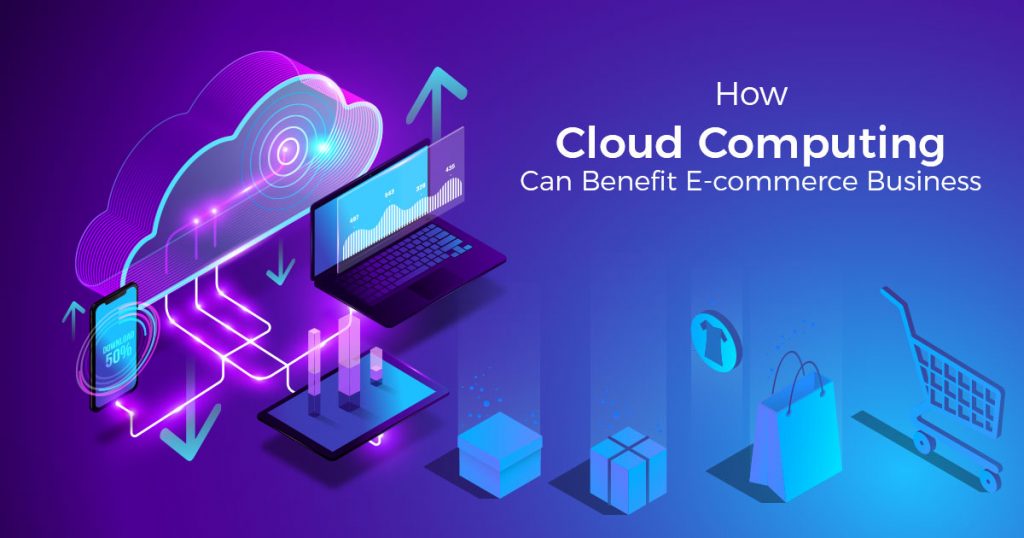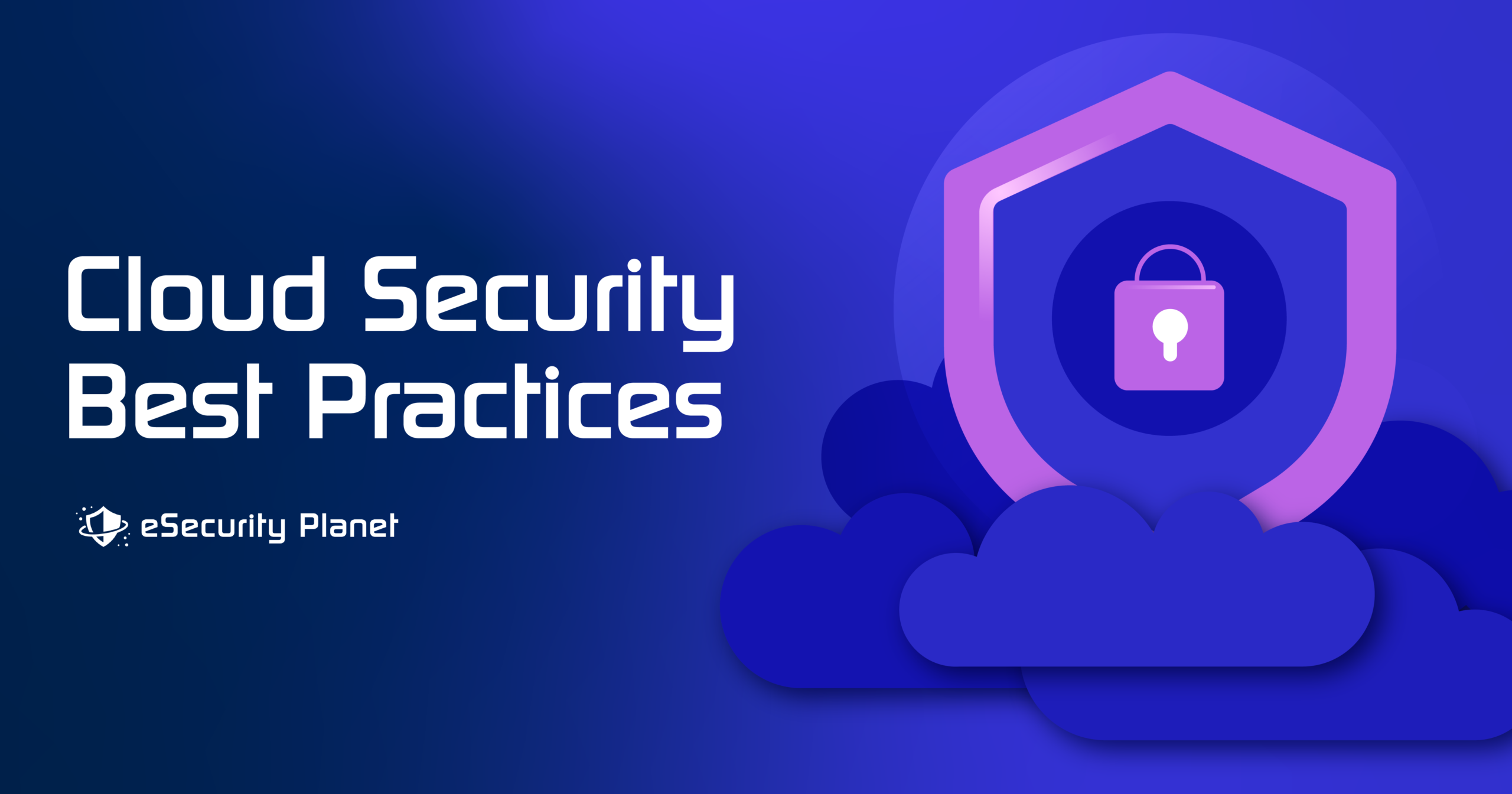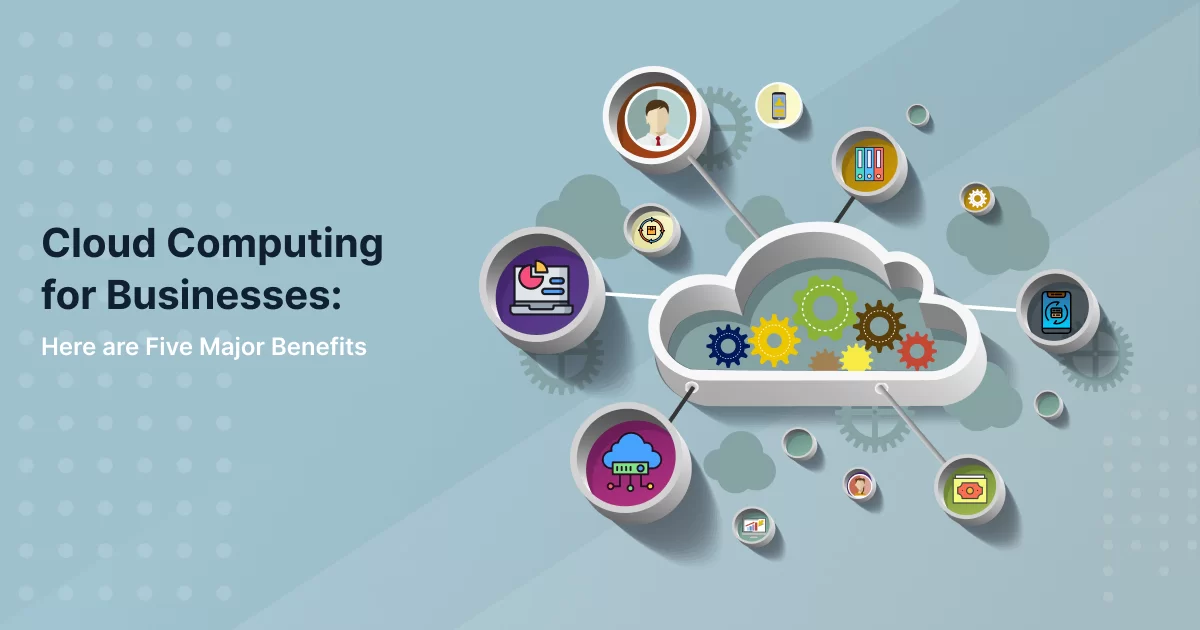Cloud Computing for E-Commerce: Driving Online Retail Success
Advertisment
Cloud Computing for E-Commerce: Driving Online Retail Success
Cloud Computing has become an essential component for e-commerce businesses, providing the infrastructure and tools needed to operate efficiently and effectively in the digital marketplace. By leveraging cloud technologies, e-commerce platforms can enhance customer experiences, streamline operations, and scale their businesses rapidly. This article explores the benefits, applications, challenges, and best practices of Cloud Computing in the e-commerce sector.
1. Understanding Cloud Computing in E-Commerce
1.1. Definition of Cloud Computing
Cloud Computing refers to the delivery of computing services—including storage, processing power, and applications—over the internet. This model enables businesses to access resources on-demand, offering flexibility and scalability.
1.2. Importance for E-Commerce
For e-commerce businesses, Cloud Computing provides the foundation for hosting online stores, managing inventory, processing transactions, and analyzing customer data. By utilizing cloud-based solutions, e-commerce platforms can improve their agility and enhance customer experiences.
Keywords: Cloud Computing, e-commerce, online retail
2. Benefits of Cloud Computing in E-Commerce
2.1. Scalability
E-commerce businesses often experience fluctuations in traffic, especially during sales or holiday seasons. Cloud solutions allow for rapid scaling of resources, ensuring that websites remain operational and responsive, even during peak demand.
2.2. Cost Efficiency
Cloud Computing reduces the need for significant upfront investments in IT infrastructure. E-commerce businesses can operate on a pay-as-you-go model, allowing them to allocate resources based on their actual usage, which is particularly beneficial for startups and small businesses.
2.3. Enhanced Security
Cloud providers invest heavily in security measures to protect sensitive customer data. E-commerce platforms can benefit from advanced security features such as encryption, firewalls, and regular security updates, helping to safeguard against data breaches.
2.4. Improved Customer Experience
With cloud-based solutions, e-commerce businesses can enhance the customer experience through faster loading times, personalized shopping experiences, and seamless payment processing. This leads to higher customer satisfaction and increased loyalty.
Keywords: scalability, cost efficiency, security, customer experience
3. Key Applications of Cloud Computing in E-Commerce
3.1. E-Commerce Platforms
Cloud-based e-commerce platforms (e.g., Shopify, BigCommerce) provide businesses with the tools to create and manage online stores easily. These platforms often include built-in payment processing, inventory management, and marketing tools.
3.2. Content Delivery Networks (CDN)
CDNs distribute website content across multiple servers worldwide, improving website loading speeds and performance. By leveraging CDNs, e-commerce businesses can ensure a fast and responsive online shopping experience for customers.
3.3. Data Analytics
Cloud-based analytics tools (e.g., Google Analytics, Mixpanel) allow e-commerce businesses to gather and analyze customer data. This analysis helps in understanding customer behavior, optimizing marketing strategies, and enhancing product offerings.
3.4. Customer Relationship Management (CRM)
Cloud-based CRM systems (e.g., Salesforce, HubSpot) enable e-commerce businesses to manage customer interactions effectively. These tools help streamline sales processes, track customer preferences, and personalize marketing efforts.
Keywords: e-commerce platforms, content delivery networks, data analytics, CRM
4. Challenges of Cloud Computing in E-Commerce
4.1. Data Privacy Concerns
E-commerce businesses handle sensitive customer information, making data privacy a critical concern. Organizations must ensure compliance with regulations like GDPR and CCPA and choose cloud providers that prioritize data protection.
4.2. Downtime Risks
While cloud providers generally offer high uptime, outages can still occur. E-commerce businesses must have contingency plans in place to minimize disruptions and ensure business continuity.
4.3. Integration with Existing Systems
Integrating cloud-based solutions with legacy systems can pose challenges. E-commerce businesses should develop a clear strategy to ensure seamless integration and data flow between systems.
Keywords: data privacy, downtime, system integration
5. Best Practices for Implementing Cloud Computing in E-Commerce
5.1. Assess Business Needs
Before adopting cloud solutions, e-commerce businesses should conduct a thorough assessment of their specific needs. This evaluation will help identify which cloud services are best suited for their operational goals.
5.2. Choose a Reliable Cloud Provider
Selecting a reputable cloud provider with experience in e-commerce is crucial. Businesses should evaluate providers based on their security measures, customer support, scalability options, and pricing structures.
5.3. Implement Strong Security Measures
E-commerce businesses must prioritize data security by implementing encryption, access controls, and regular security audits. These measures are vital for protecting customer information and maintaining trust.
5.4. Monitor Performance
Regularly monitoring the performance of cloud-based solutions is essential for identifying potential issues and optimizing resource allocation. Businesses should utilize analytics tools to track website performance and customer interactions.
Keywords: assess needs, choose provider, security measures, performance monitoring
6. Conclusion
Cloud Computing is revolutionizing the e-commerce industry by providing the flexibility, scalability, and tools necessary for online retail success. By embracing cloud technologies, e-commerce businesses can enhance customer experiences, streamline operations, and drive growth. Understanding the challenges and implementing best practices will enable organizations to harness the full potential of Cloud Computing in the e-commerce sector.
Advertisment








Post Comment